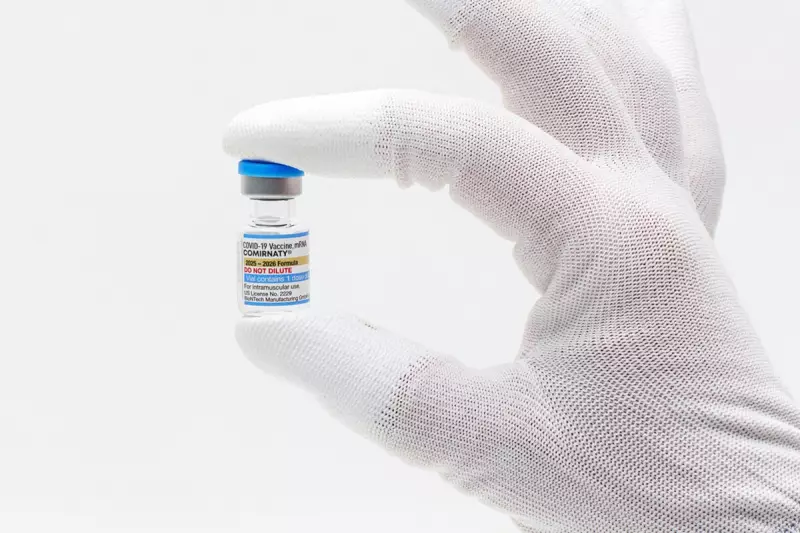
In a stunning revelation that blurs the lines between science, politics, and ego, the chief executive of pharmaceutical giant Pfizer has disclosed a extraordinary private exchange with then-President Donald Trump.
Albert Bourla, Chairman and CEO of Pfizer, has alleged that Donald Trump directly suggested he should be nominated for a Nobel Prize. This proposition was reportedly made following the successful development of one of the world's first viable COVID-19 vaccines under the ambitious 'Operation Warp Speed' programme.
The Conversation That Shocked The Medical Community
Mr Bourla detailed the encounter, painting a picture of a former president eager to capitalise on the scientific breakthrough for personal prestige. The suggestion, coming from the most powerful office in the world, raises serious questions about the politicisation of scientific achievement during a global health crisis.
The development of the Pfizer-BioNTech vaccine was undoubtedly a landmark moment in the fight against the pandemic. However, Mr Bourla's account suggests that Mr Trump was keen to intertwine this success with his own legacy, potentially overshadowing the work of thousands of scientists and researchers.
Operation Warp Speed: Achievement or Political Football?
While the Trump administration frequently touted 'Operation Warp Speed' as a key achievement, Mr Bourla's comments suggest the former president sought to go further, seeking the ultimate international accolade for his involvement. The Nobel Prize, typically reserved for monumental contributions to humanity, became a topic of a private political negotiation, according to the CEO's account.
This revelation is likely to fuel ongoing debates about the appropriate relationship between government and private industry, particularly in times of national crisis. It also adds a new layer to the complex narrative of the US pandemic response, which was often criticised for being overly politicised.
The disclosure comes at a sensitive time, as governments and health organisations worldwide continue to navigate the ongoing pandemic and its aftermath. The notion that a sitting president would lobby for a Nobel Prize based on a pharmaceutical company's work is unprecedented in modern political history.





